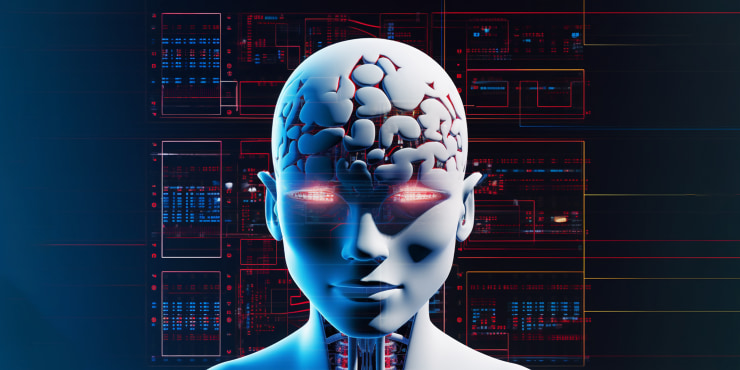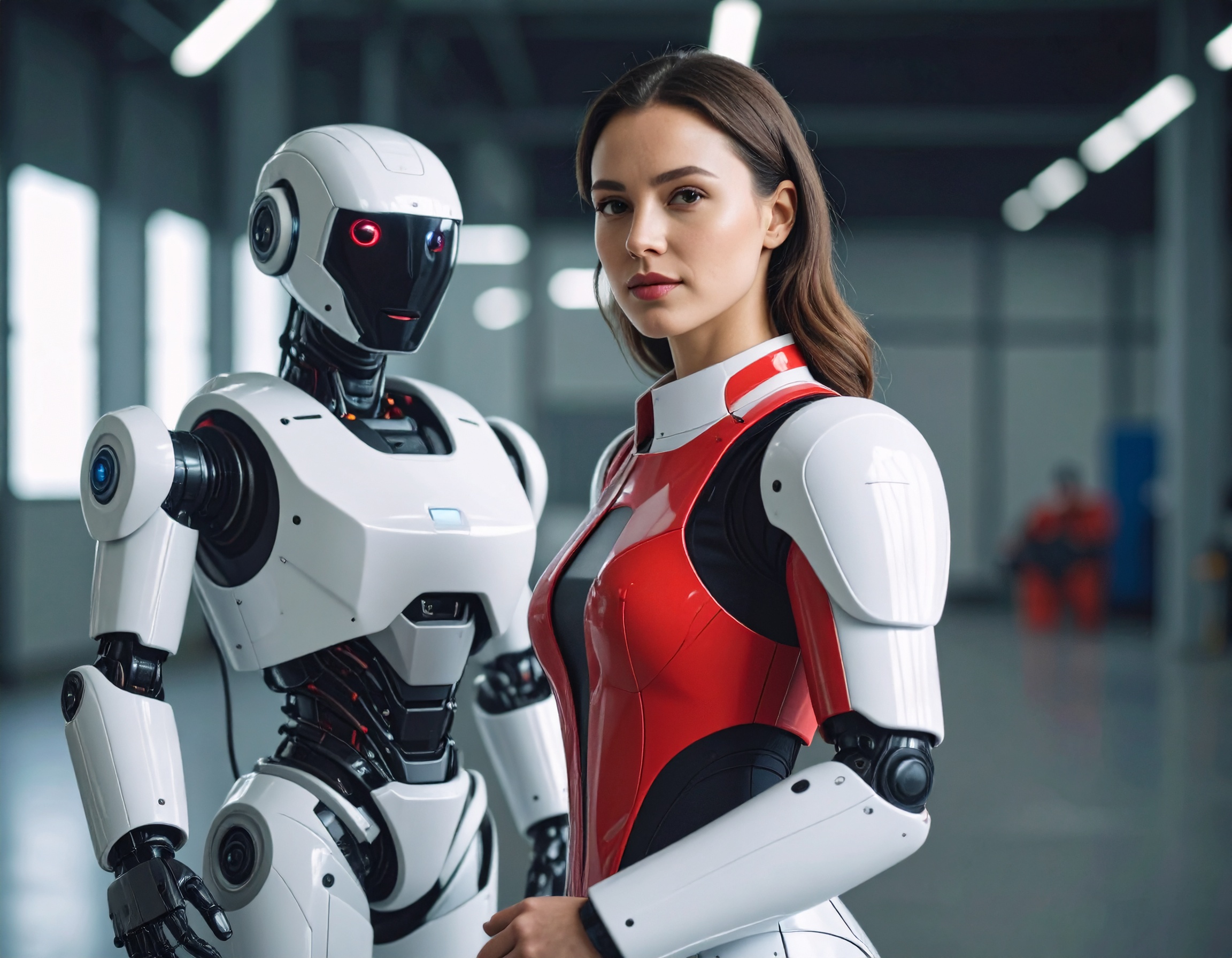The Fusion of AI and Human Brain Cells

Imagine a world where the human brain teams up with artificial intelligence. It's like a dynamic duo from a sci-fi movie. A group of scientists from Melbourne's Monash University are bringing this idea closer to reality. They have received a $400,000 federal grant for their remarkable project. It came through the National Intelligence and Security Discovery Research Grants Program.
What is their mission statement? It's simple yet incredibly ambitious. They have to blend human brain cells and AI. How? By growing tiny pieces of the human brain on silicon chips and training them to solve specific tasks.
The head of this operation is Associate Professor Adeel Razi. He has teamed up with a company called Cortical Labs. Together, they aim to revolutionize the world of artificial intelligence and machine learning. It's a kind of mind-controlled technology. Shortly, they will change the way we interact with technology. It's a fascinating journey into the fusion of biology and technology, and this is just the beginning.
The Research and Development Process
The whole research adventure centers around growing around 800,000 human brain cells in a special laboratory. It is a fascinating neuroscience impact factor. Because these brain cells can do some pretty cool stuff, like playing the classic game of Pong. They don't need a fancy gaming console; they do it right in a laboratory dish! This exciting achievement got its moment of fame in the 'Neuron' journal, and that's a big deal in our journey.
Associate Professor Razi has a big dream for this technology. He thinks it could be even better than the silicon-based machines we use now. That means a world full of fresh opportunities in many different areas. You see, this whole project started because we needed a new kind of smart machine. This smart machine should learn new things all the time, forever. Our regular artificial intelligence struggles with this. It's like when you try to learn something new but forget what you already know. We call it "catastrophic forgetting," and it's been holding AI back for a long time.
So, this research is all about mixing brains and machines, and it's looking promising. With brainy chips and a new way of learning, we might just change the world of artificial intelligence and open up new doors for all sorts of cool things.
Applications in Neuroscience
The main goal of this research is to make smart AI machines that can learn like our brains. That is, it is a fusion of the brain and AI.
Now, why is this so exciting for the world of brains and science? Well, it's because it can change a lot of things. If we can make these AI machines good at learning, it might be like having a piece of a human brain in a computer. Imagine that! It could make us understand our brains better and see what they're capable of.
The impact of combining AI and human brain cells could be huge. It's like putting two super-smart things together and creating something unique. It could change the way we study brains and learn more about them. It could be a big deal for science and technology, and we're just scratching the surface of what's possible. So, keep an eye on this research because it could lead to some incredible discoveries in the world of brains and beyond.
Potential Impacts on Artificial Intelligence
Such a neuroscience impact factor isn't just a big deal for brains; it's a game-changer for AI, too. This new tech could shake up how artificial intelligence works. Imagine AI machines that can learn stuff all the time, just like our brains do. They won't forget what they've learned, a big problem for regular AI.
So, why is this exciting for the AI world? Well, it's like opening a treasure chest of possibilities. These super-smart AI systems could do all sorts of amazing things. They could get even better at planning stuff, like making schedules and figuring out the best way to do things. Robots could become super-duper smart and do tasks we can't imagine. Plus, they could help with automation, making things work automatically without human help.
But wait, there's more! We might also see cool brain-computer connections. That's when your brain talks to a computer, and you control things with your thoughts. It's like a superpower!
And in the world of medicine, it's a game changer. This mind-controlled technology can help us find new drugs faster. Imagine getting better treatments and cures sooner. That's a win for everyone's health!
So, this mix of human brain cells and AI isn't just about science fiction. It's about making our world smarter, safer, and healthier. It's like giving AI a big boost and discovering new ways to improve our lives. Keep an eye on this because it will be an exciting journey into the future.
Conclusion
Ultimately, mixing human brain cells and AI is like stepping into a brand-new world of science. This project is about to change how AI and learning work. They want to make AI machines that learn forever, just like our brains do. It's not just about science; it's a big deal for many things.
As they continue their work, they're getting closer to having a bit of a human brain inside computers. Imagine machines that never forget what they learn – that's a big deal for AI. It could change how we plan things, how robots help us, and even how we connect our brains to machines.
And it's not just about machines; it's about science and health, too. This research might help us find better medicines faster, making everyone healthier. So, it's like opening a door to a super-smart future with endless possibilities.
It is a journey into a new world of technology and intelligence, and it will be fascinating to see where it takes us. Keep your eyes on this because it could change everything!


